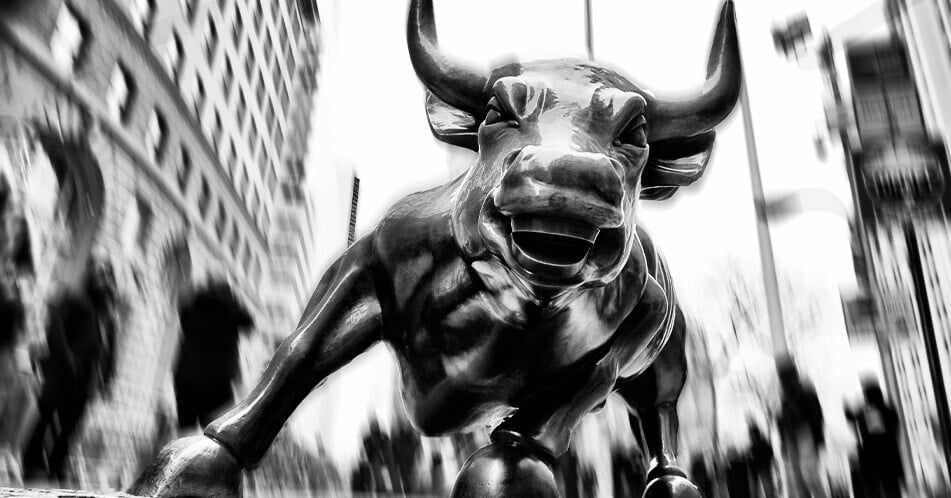In the early days of the second Trump administration, a sense of buyer’s remorse is emerging among wealthy backers, particularly due to Trump’s unpredictable trade policies. Trade wars and tariffs have left investors, ranging from Wall Street to Silicon Valley, anxious about their financial futures and corporate profits. High-profile figures like Bill Ackman and Jamie Dimon express concerns that Trump’s erratic strategies could hamper U.S. economic growth.
Moreover, Trump’s approach undermines legal stability, with actions like investigating law firms linked to political adversaries and impeachment threats against judges raising alarms among big businesses. This paradox of authoritarianism and corporate interests shows that while the Trump administration delivers benefits through deregulation and tax cuts, it also creates chaos that complicates governance.
The article points out a rift within the oligarchy as Trump’s populist style clashes with traditional corporate strategies. He appeals to various factions—from tech moguls like Elon Musk, who advocate for lower tariffs, to Wall Street figures who desire a return to stability. Yet, the rising influence of new financiers and private equity firms further concentrates wealth in a smaller elite, sidelining the interests of more established corporate entities.
The rivalry intensifies as Democrats position themselves as the stable, responsible party amidst a chaotic Republican landscape, alienating working-class representation. Trump’s administration has pivoted towards radical economic policies, benefiting sectors like technology and defense while risking harm to others, including the auto and agricultural industries, due to his fixation on trade imbalances.
Overall, as Trump attempts to consolidate power through his alliances, the political and economic systems are left in disarray, trending towards a “rot economy” where party agendas prioritize corporate interests over public welfare. The article concludes that both major parties have evolved into factions more concerned with their own survival than with representing the diverse needs of the populace, contributing to a worsening political landscape.



